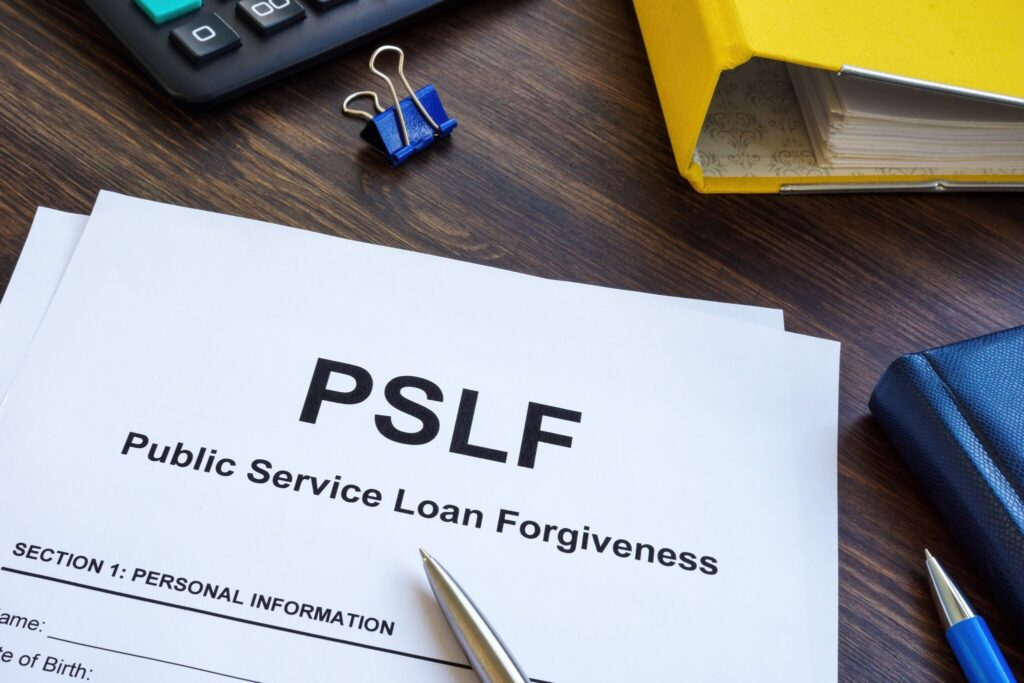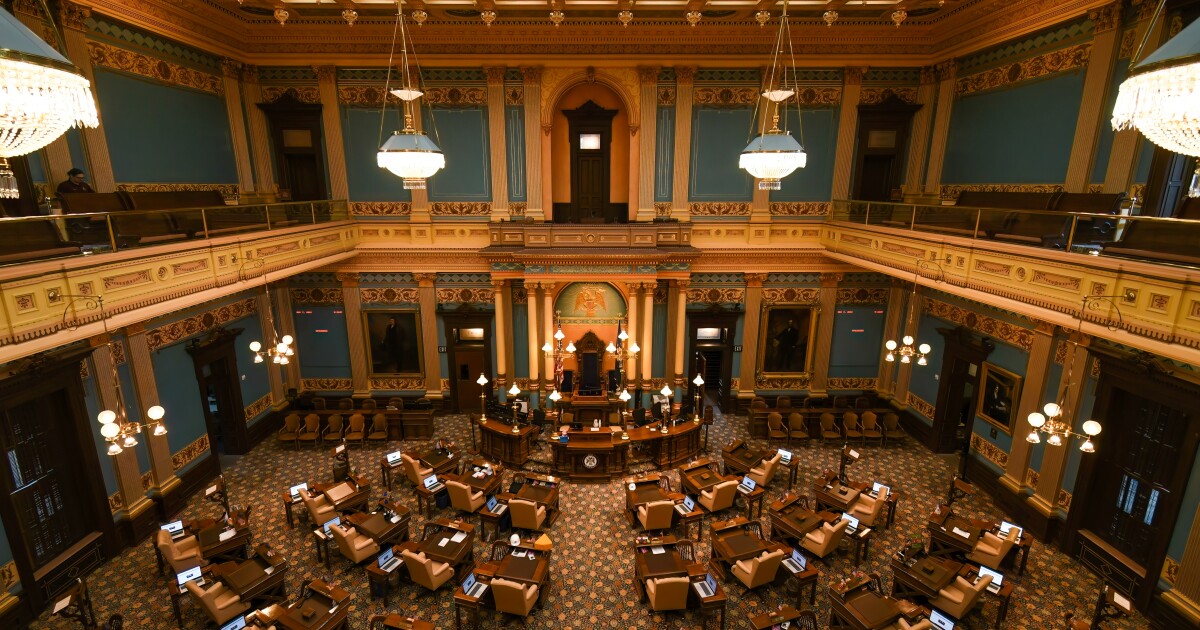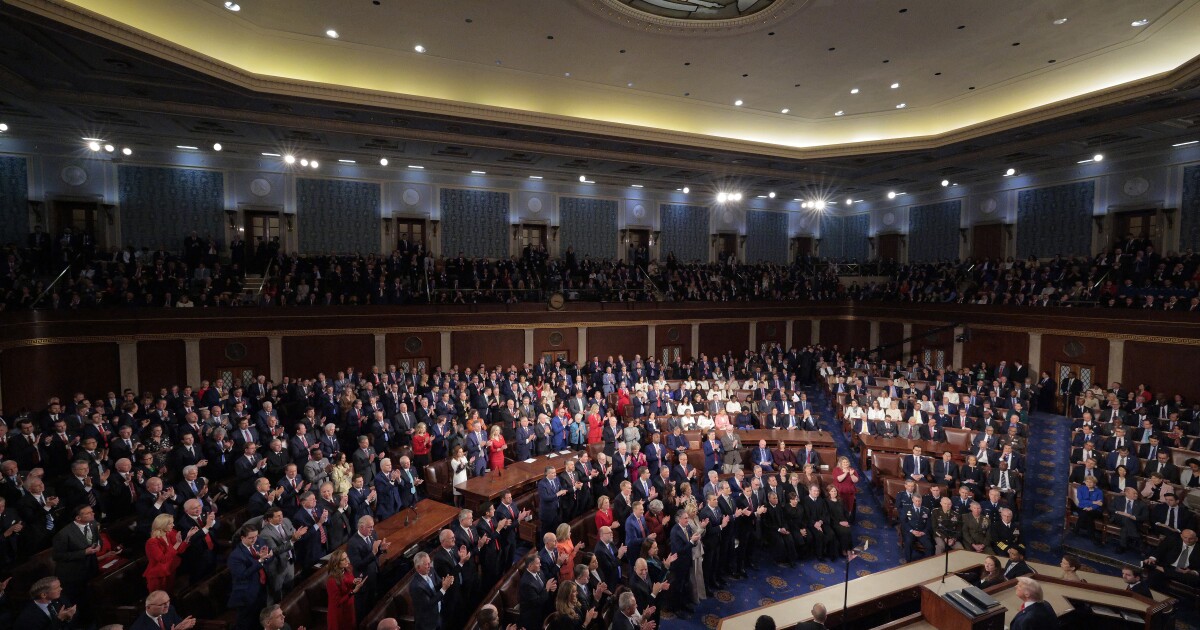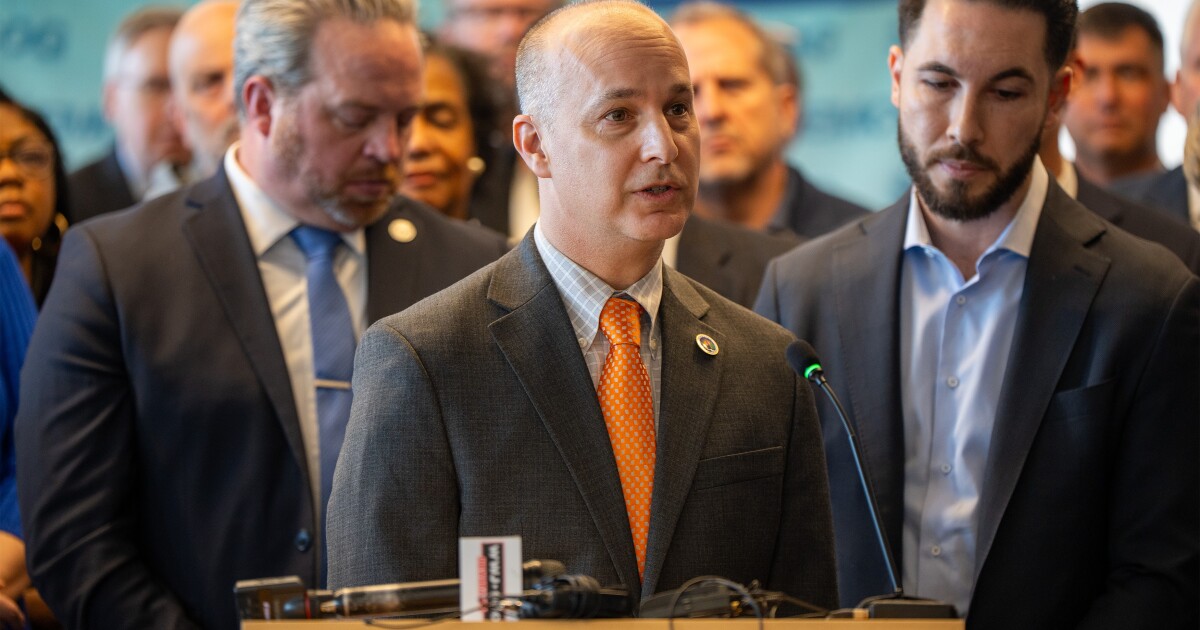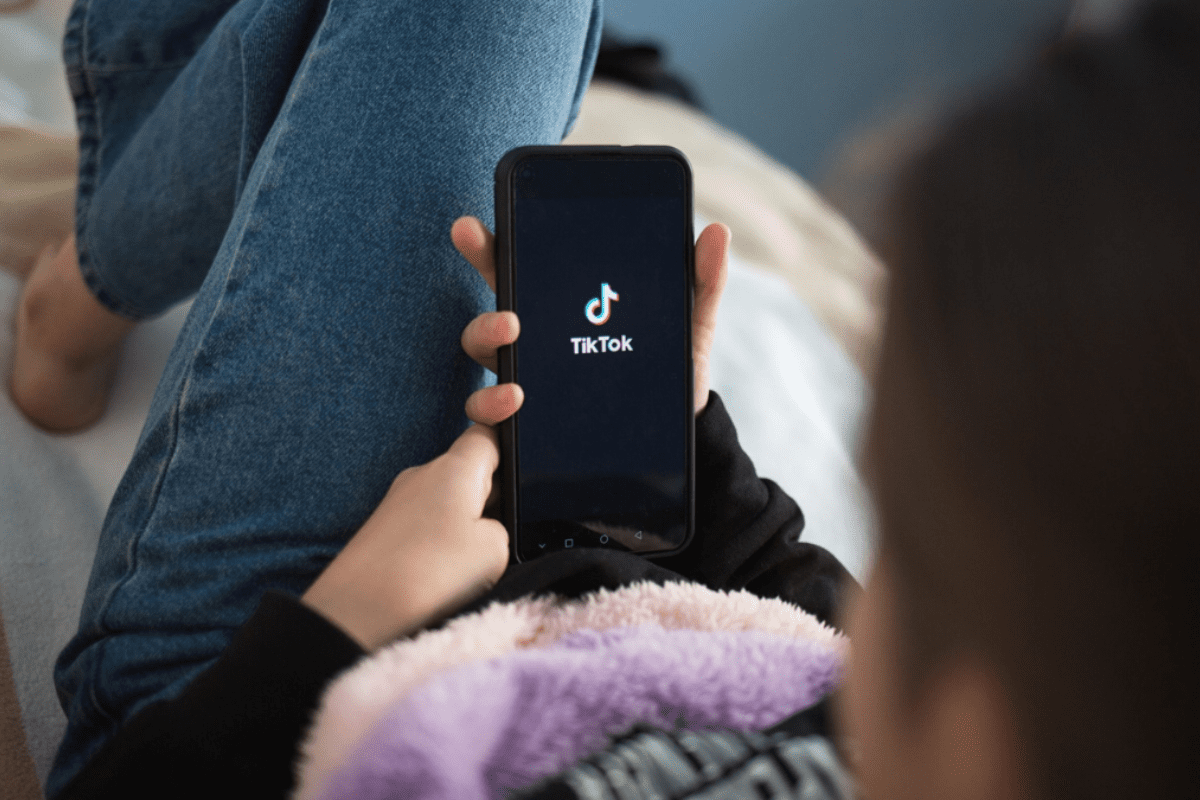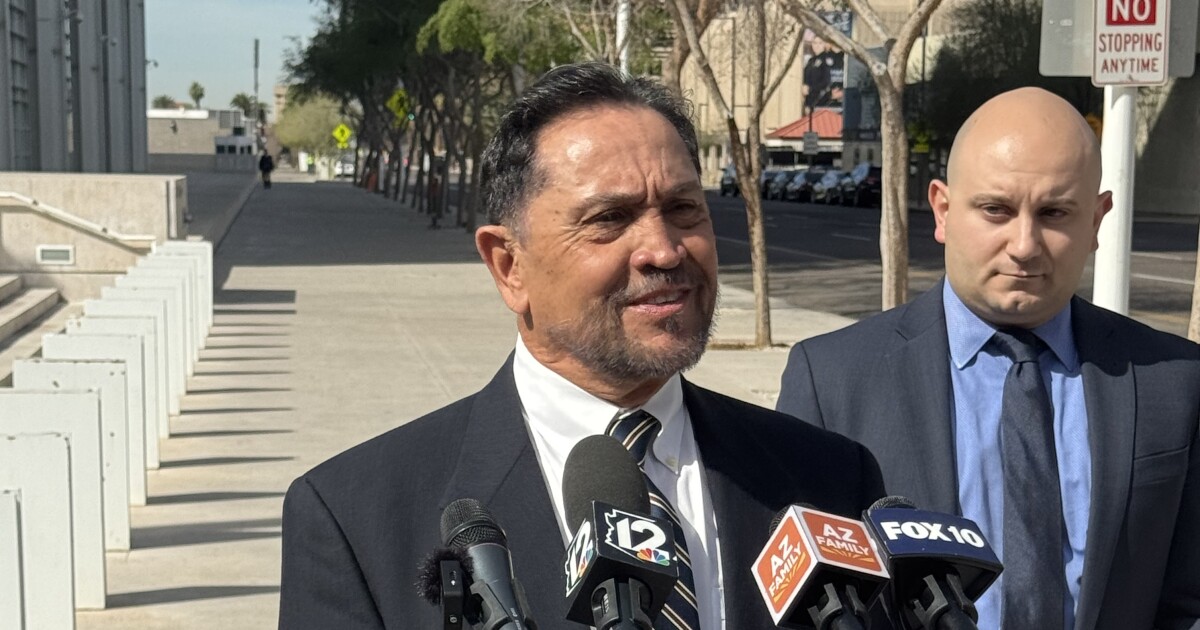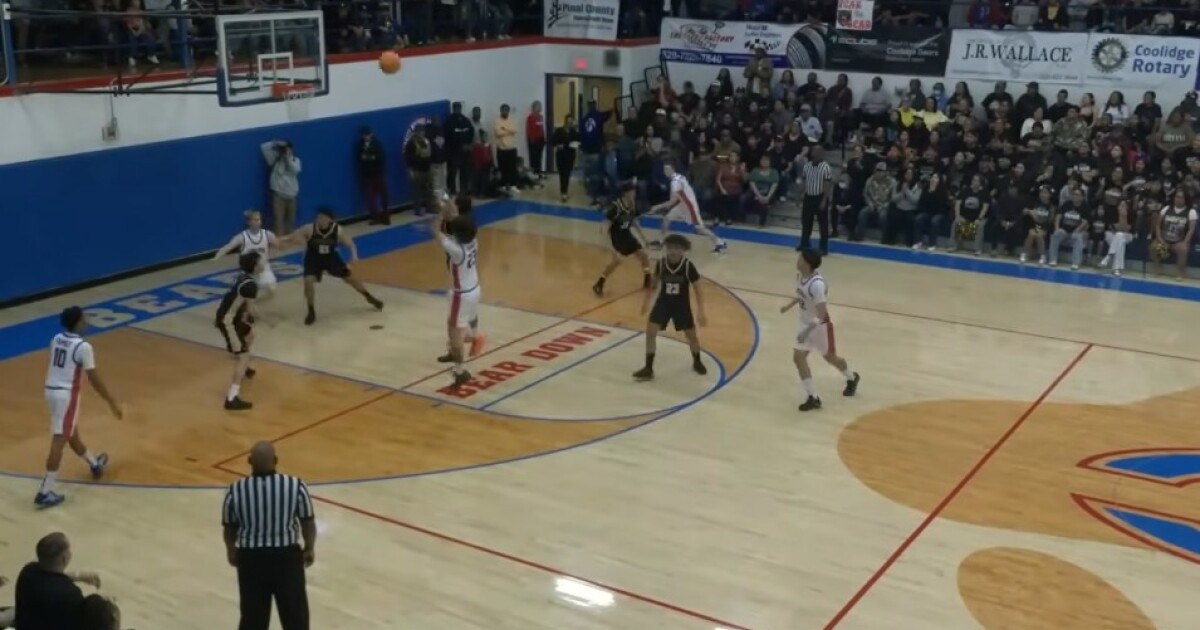WASHINGTON — The U.S. Department of Education’s new rule restricting eligibility for the Public Service Loan Forgiveness (PSLF) program has met with strong opposition. Advocates argue the regulation targets organizations not aligned with former President Donald Trump’s agenda. Set for a July effective date, the rule excludes employers involved in “unlawful activities” from the student debt relief program for public service workers.
Concerns arise over the rule’s language, which touches on gender-affirming care and illegal immigration, suggesting enforcement of the Trump administration’s priorities. Legal challenges include three lawsuits from Democratic attorneys general, cities, labor unions, and nonprofit groups, claiming the regulation is vague and overreaches authority.
Winston Berkman-Breen, legal director at Protect Borrowers, warns the rule could harm not only institutions but also public service workers’ financial health. “It’s also the individual financial health and security of borrowers and their households that will be really, really detrimentally affected by this rule,” he explained.
The regulation draws legal action from a coalition of cities, nonprofit groups, and labor unions. Here’s a detailed look at how this policy impacts borrowers and employers:
What is Public Service Loan Forgiveness?
Established in 2007, the Public Service Loan Forgiveness program encourages careers in public service by forgiving remaining student debt after 120 qualifying payments with an eligible employer.
How will the regulation work?
The final rule, based on a March executive order, only affects future credits post-July 1, 2026. The Education Secretary can assess if an employer has a “substantial illegal purpose” based on evidence.
Disqualified employers may reapply after 10 years or regain eligibility sooner through a corrective action plan approved by the Secretary. Disqualification could stem from activities like aiding illegal immigration or providing gender-affirming care, per the department.
What’s the debate about?
While the rule aims to curb “criminal activity,” critics view it as targeting organizations not aligned with the current administration’s goals. Activities such as supporting immigrant communities or advocating transgender rights are examples cited by critics like Berkman-Breen.
In defense, Under Secretary Nicholas Kent states the rule prevents taxpayer dollars from supporting terrorism or child trafficking, ensuring neutral enforcement without bias towards any employer’s mission.
How will employers be affected?
Michele Zampini from the Institute for College Access & Success argues the rule will force nonprofits into a defensive stance, affecting their mission and staffing. She emphasizes PSLF’s role in attracting talent to lower-paying, service-oriented jobs, which might be jeopardized.
What legal challenges have come out against the policy?
The rule faces several lawsuits, urging courts to deem it “unlawful.” Lawsuits have been filed by cities, labor unions, and nonprofit groups, including cases in a Massachusetts federal court and the U.S. District Court for the District of Columbia. Democratic attorneys general from multiple states have also challenged the rule.
—
Read More Montana News

